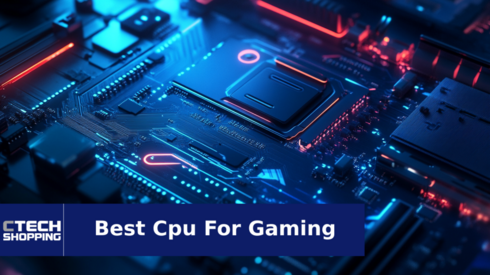
The Best CPUs for Gaming of 2024
The Best CPUs for Gaming of 2024
Is your gaming lagging? It might be time for a CPU upgrade—here’s how to pick the best one.
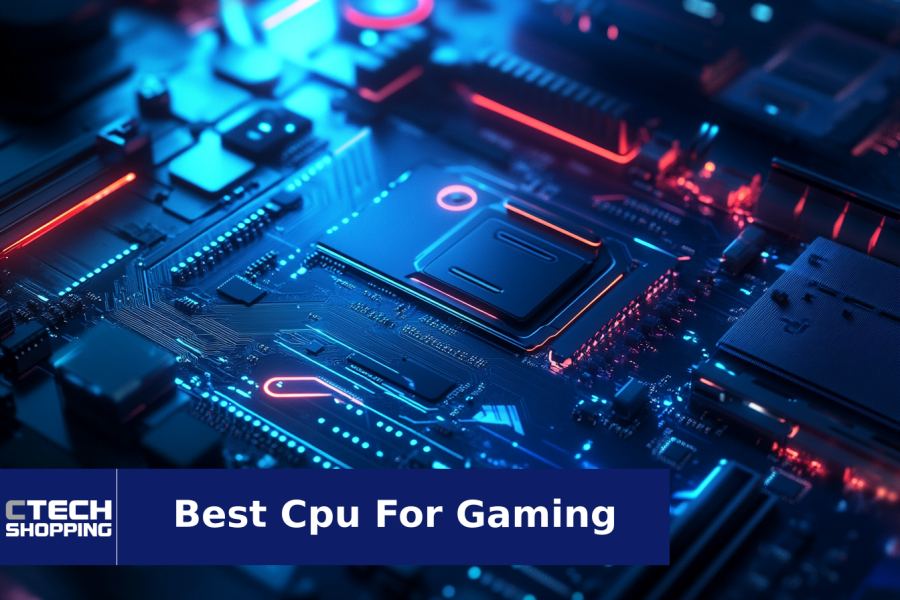
The reviews of the products in this article are created by a team of experts that is independent from CTech's editorial team. If you make a purchase through the links mentioned below, we may receive a commission.
Our Top Picks
Gaming is more fun when your PC runs smoothly. At the heart of it all is the CPU, the central processing unit, which acts as the brain of your computer. It’s responsible for handling everything from game physics to background tasks so that your games run without stuttering or lag. A good gaming CPU balances speed (measured in GHz) and core count. More cores help with multitasking, while higher clock speeds are great for fast, single-threaded performance, which many games rely on. If you're in the market for said CPU, check out our top favorites below.
1 . Intel Core i9-14900K Gaming CPU
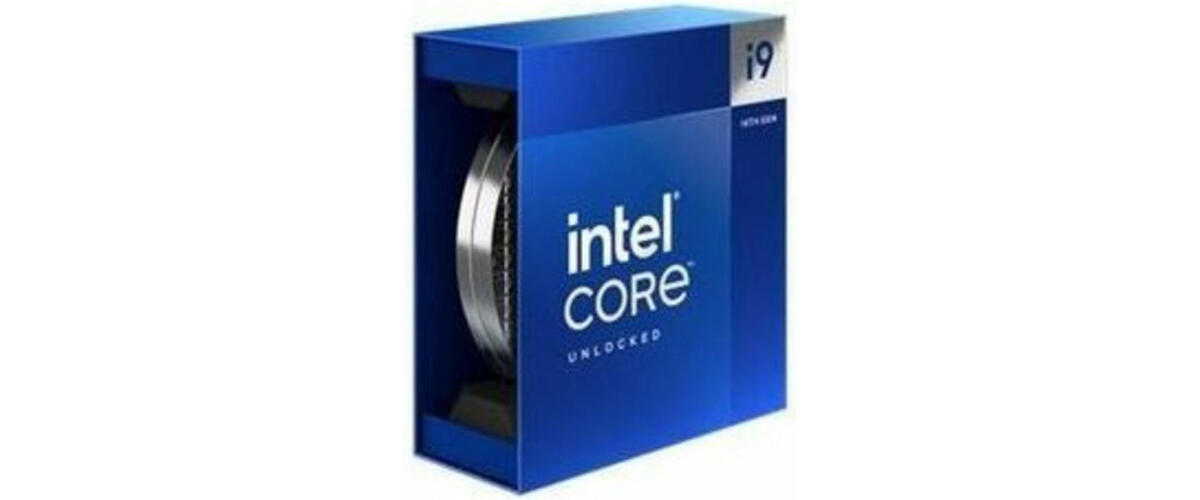

The Intel Core i9-14900K is a top-tier CPU, perfect for gamers and those who love tweaking their systems. It has 24 cores (8 performance cores and 16 efficiency cores) and handles multitasking like a champ. You can overclock it up to 6.2GHz, which gives great performance in gaming and benchmarks (43-44k in R23). To get the best results, pair it with a solid cooler, like an AIO with a 360 Thickboy copper radiator, and some good DDR5 RAM. While it can use a lot of power, it stays cool under load, so you're all set for serious performance.
Pros
High-performance 24-core processor, Integrated graphics included, Unlocked for overclocking
Cons
High power consumption

2 . Intel Core i7-12700K CPU for Gaming


This gaming CPU is ideal for all your gaming needs. With high clock speeds and the capability to reach up to 5.0 GHz, it delivers outstanding gaming performance, comparable to or even surpassing other high-end CPUs in its price range. Additionally, it features Intel's innovative performance hybrid architecture, which includes 8 high-performance (P-cores) and 4 high-efficiency (E-cores). This unique design allows it to efficiently handle multi-threaded workloads with ease. Moreover, as an unlocked processor, it can be overclocked to further boost its performance, providing you the option to push the CPU to its limits for even better performance, especially when playing heavier games.
Pros
High performance 12 cores, Integrated graphics included, Unlocked for overclocking
Cons
Turbo mode consume more electricity

3 . AMD Ryzen 5 5500 Gaming CPU
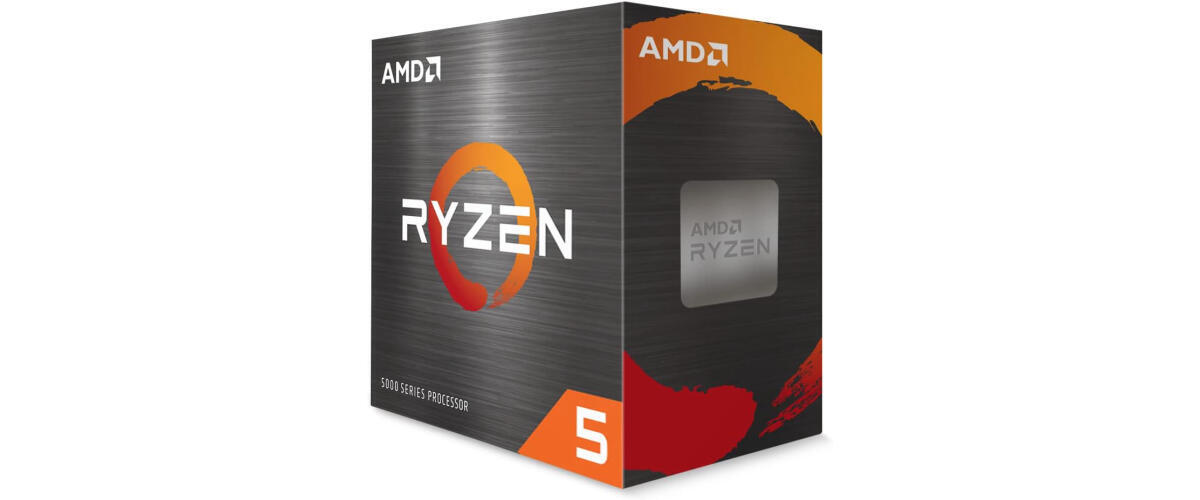

AMD has consistently delivered great CPUs, and the Ryzen 5 5500 is no exception. This gaming CPU offers excellent performance at a budget-friendly price—around $80—which is tough to beat, especially compared to Intel in the same range. It was released in April 2022 as a solid choice for both gaming and everyday use. With 6 cores and 12 threads, it's built on modern architecture to make sure it’ll last for years. The 65W TDP makes it energy-efficient and easy to power, and the included Wraith cooler adds extra value, even if it's not top-tier. Overall, it’s a fantastic option for budget-conscious users.
Pros
Powerful multi-threading performance, Efficient cooling system included, Unlocked for overclocking potential
Cons
No integrated graphics

4 . AMD Ryzen 7 5700X Gaming CPU
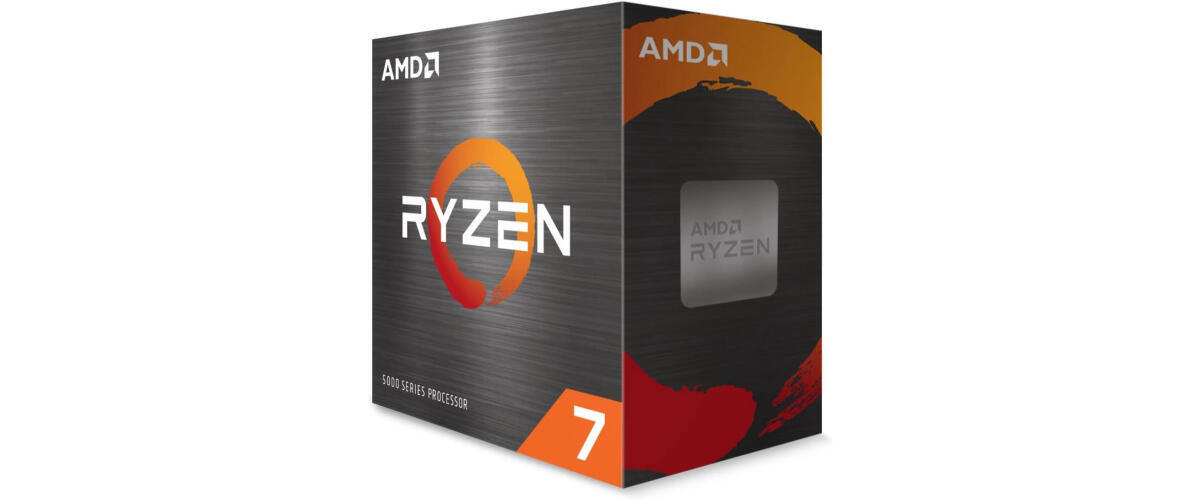

Despite belonging to the previous generation, the Ryzen 7 5700X nevertheless outperforms the Ryzen 5 5500 in some key areas. With 8 cores and 16 threads, the Ryzen 7 handles multitasking and demanding applications, like video editing and 3D rendering, with ease—something the Ryzen 5, with its 6 cores and 12 threads, might struggle with in more intense workloads. Like the Ryzen 5, this gaming CPU also provides overclocking potential. It's also highly energy efficient and significantly reduces heat and load on the cooling system.
Pros
High performance multi-threading, Unlocked for easy overclocking, Efficient power consumption
Cons
Packaging could be improved

FAQ
Q: How many cores and threads does a gaming CPU need?
A: The number of cores and threads you need in a gaming CPU depends on the games you play and how you use your PC. For most modern games, a CPU with 6 cores and 12 threads is more than enough to handle smooth gameplay and multitasking. If you play demanding titles or stream while gaming, a CPU with 8 cores and 16 threads is a better choice for extra power. Some basic games run fine on 4 cores, but this can limit performance in newer titles.
Q: Is overclocking a gaming CPU necessary?
A: Overclocking can help boost performance in some cases, especially for older CPUs or if you’re playing very demanding games, but the difference isn’t always noticeable for casual gamers. It also requires a compatible motherboard, good cooling, and some technical know-how. If done incorrectly, it can overheat your CPU or shorten its lifespan. For most gamers, choosing a capable CPU and pairing it with a strong GPU is enough. Overclocking is more for enthusiasts who want to push their systems to the limit.
Q: How can I confirm that my gaming CPU is compatible with my motherboard and other components?
A: To confirm your gaming CPU is compatible with your motherboard, start by checking the CPU socket type. Motherboards and CPUs must have the same socket (like AM5 or LGA 1700). Next, look at your motherboard's chipset, as it determines which CPU features are supported. Compatibility details are usually listed on the motherboard’s website or packaging. Also, ensure your power supply can handle the CPU’s power needs and that your cooling system fits the CPU. Finally, check your RAM; some CPUs and motherboards only support certain speeds or types (like DDR4 or DDR5).
Q: What does cache memory do in a gaming CPU?
A: Cache memory in a gaming CPU acts like a super-fast storage area for data the CPU needs quickly. Instead of fetching information from the slower RAM, the CPU uses the cache to access frequently used data much faster. This helps improve overall performance, especially in games where the CPU has to process a lot of instructions, like tracking movements or calculating physics. A larger cache can reduce delays and make gameplay smoother, especially in fast-paced or complex games.
Q: Is it safe to use a budget motherboard with a high-performance gaming CPU?
A: Using a budget motherboard with a high-performance gaming CPU can work, but it’s not always the best idea. Budget motherboards may lack the power delivery and cooling needed to fully support a high-end CPU, especially if you’re gaming for long hours or overclocking. This can lead to overheating, reduced performance, or even damage over time. They might also have fewer features, like limited RAM speed support or fewer PCIe slots. If you’re investing in a powerful CPU, it’s worth pairing it with a mid-range or higher motherboard that can handle its demands properly.
Article Contributors
Ctech Shopping Team
CTech's Shopping team brings you the latest in tech through carefully crafted reviews and guides, independent of their editorial team. As a reader-supported entity, our tech-savvy writers and editors sometimes incorporate AI in their analyses to verify the precision of product dimensions, availability, and pricing.
These product recommendations are designed to help you pick the best product for your needs.














